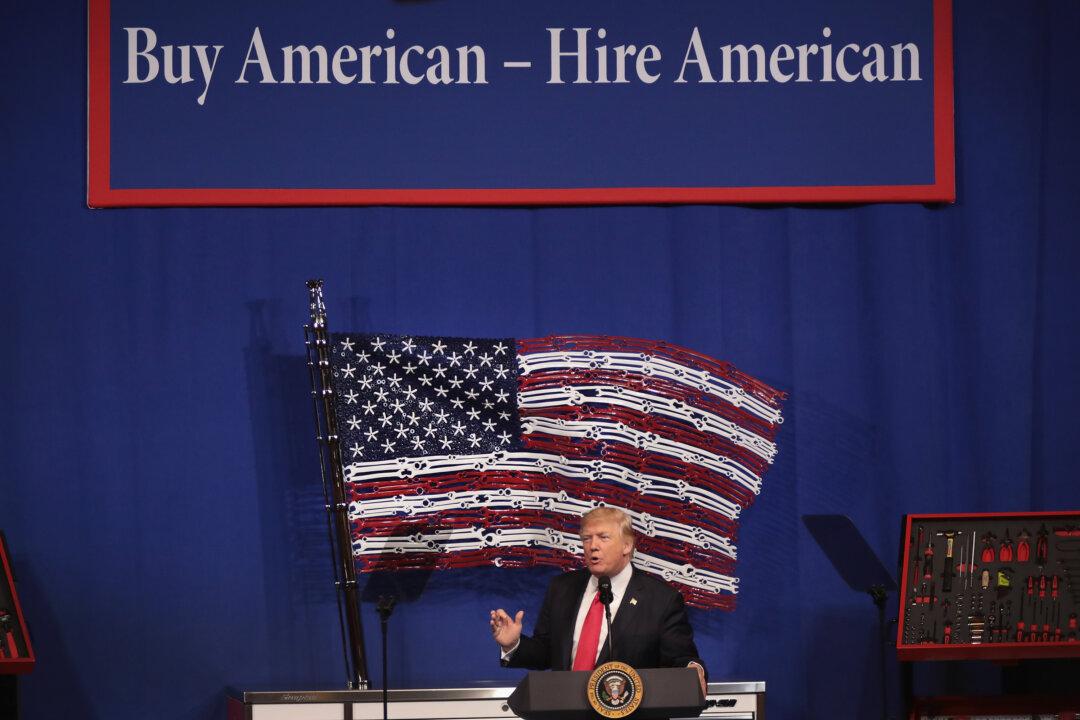President Donald Trump should suspend the popular investor visa and white-collar visa programs as part of an effort to reduce the number of temporary foreign workers by 1.2 million, or nearly 50 percent, during the current economic crisis, according to the nonpartisan Center for Immigration Studies (CIS).
The recommendations came this week when CIS, a think tank that describes itself on its website as “low-immigration, pro-immigrant,” held an online panel discussion about its recent “Hire American” report.





